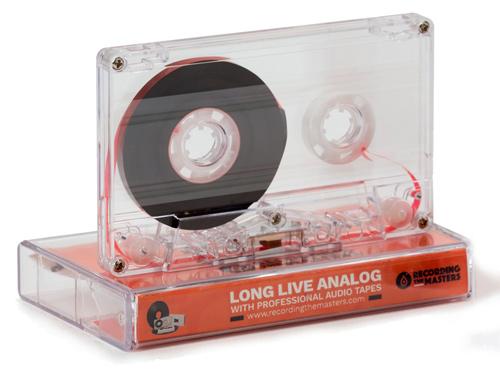You are here
The impalpable and that uneasy feeling
By Jean-Claude Elias - Feb 09,2017 - Last updated at Feb 09,2017
In a rather unexpected twist, people are looking again for music on audio cassette tapes. Yes, that rather flawed recording media that we thought was completely defunct since the early 1990s.
We already knew that analogue vinyl records were never really dead, that CDs and digital music never pushed them out completely. Indeed, there’s a special aura around vinyl records, for until today, some purists, this special breed of extremely refined audiophiles, whether right or wrong, consider that analogue records bring warmth of sound that digital simply cannot match.
But why audio cassettes? For everyone knows that their sound quality has always been poor, or average in the best case. That their shelf life is limited, that handling them is cumbersome, and so forth.
I could not believe it when last week I watched a documentary on a French TV channel showing the comeback of the audio cassette tape, albeit with a very limited part of the population, understandably.
So I immediately went on amazon.com and tried to look for audio cassettes to buy, very sceptical about the chance to find any there. I was in for a surprise. Amazon has in store blank tapes as well as recorded ones! It put me in a puzzled, wondering state of mind.
There’s something in the human mind that makes it uncomfortable with the virtual, the abstract, with all that is impalpable. It’s the same notion that makes most people fear advanced mathematics; it’s too much of a mind game, not a tangible one at all.
The fact is that digital data is part of this world that we cannot physically touch, and it makes us feel uneasy. It’s like talking about distant galaxies, black holes and time warp; it’s scary, too distant.
If for most of the digital world there’s little choice, music — on the other hand — still can find its way to the heart of the human race on analogue media like tapes and records. Call it weakness, call it sentimental, passé, retrograde or old — this is how some still feel. You cannot explain or argue with feelings.
They want to hold the media in their hands, to relate to it, to better feel it, not to click an MP3 file on a cold computer’s hard disk; it’s just too abstract for them.
Seeing a collection of tapes or vinyl records before your eyes is different from looking at a set of files on a hard disk, a smartphone or a tablet. It seems that we have a biological need to see and touch.
It is the same notion that makes us enjoy a live concert — as opposed to recorded music. Despite the imperfections of any live performance (poor sound, musicians’ mistakes, noisy audience…), seeing the artists before your very eyes makes a huge difference and brings something unique, something that recorded media cannot bring, or replace.
The current crave for audio cassettes is probably touching an insignificant part of the population. It must be in the range of one per thousand and perhaps even much less. It is anything but a general trend, for the advantages of digital music files are overwhelming. I for one cannot imagine for a second inserting a cassette tape in a player ever again. Or inserting a pencil in the cassette reel’s hub and turning it manually so as to take up the slack!
I confess, however, that for sentimental reasons — yes, sentiments again — I have kept my good old three-head, three-motor, hi-fi Tascam cassette deck from 1992.
It sits on a shelf in my living room. I look at it wistfully, but I definitely play music from my laptop; from pristine quality, high definition digital audio files. I am not going back. Besides, the software player I use always displays the cover and the photo of the album or music that is playing back, which does bring some kind of warmth to the experience.
Related Articles
The humble cassette — that tiny little plastic rectangle containing the homemade mixtapes of yesteryear — is back, joining vinyl as a darlin
By Imran MarashliAgence France-PresseMANCHESTER, United Kingdom — Tucked away in a corner of the top floor of an indoor market in Manchester
By now most of those who are above say 45 or 50 have digitised the music and the photos they used to collect and keep in older, analogue for















